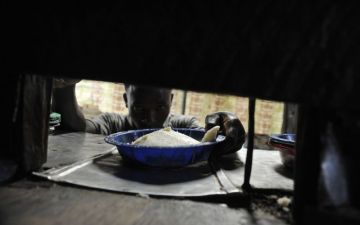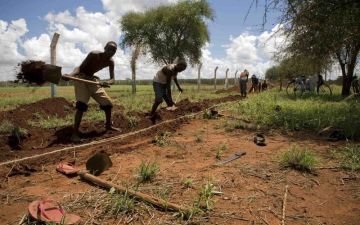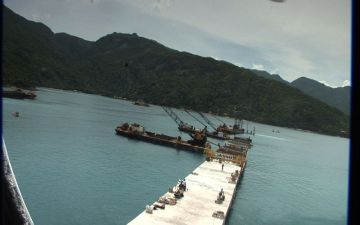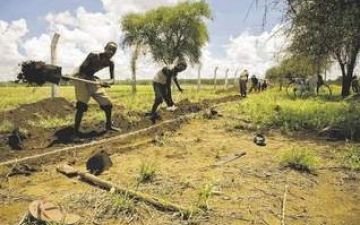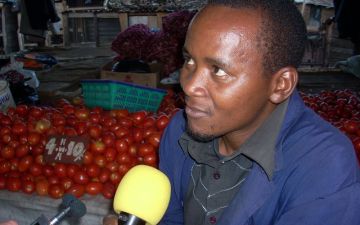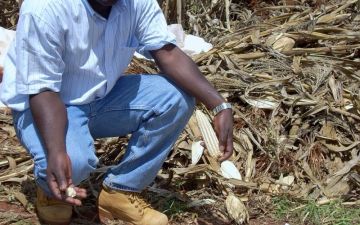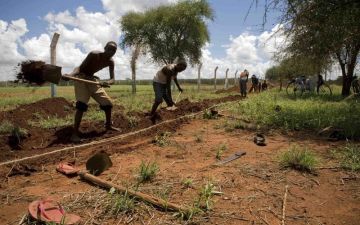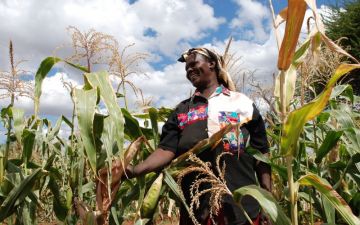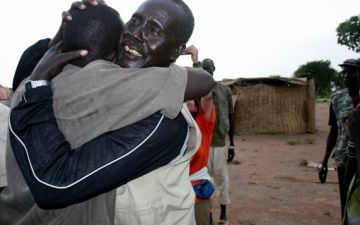Kenya: At the Paradise Hotel
Ask a typical American what corn means to him or her, and you're likely to get a blank stare, unless they've read The Omnivore's Dilemma, Michael Pollan's best seller, or watched a movie like Food Inc. That person may say corn has taken over the American diet, caused the U.S. obesity crisis and contributed to environmental degradation. Corn, after all, is used in some way to produce everything from meat to snack chips and soft drinks.
But ask poor east Africans what corn, or maize, means to them and they'll tell you it is what sustains life.
